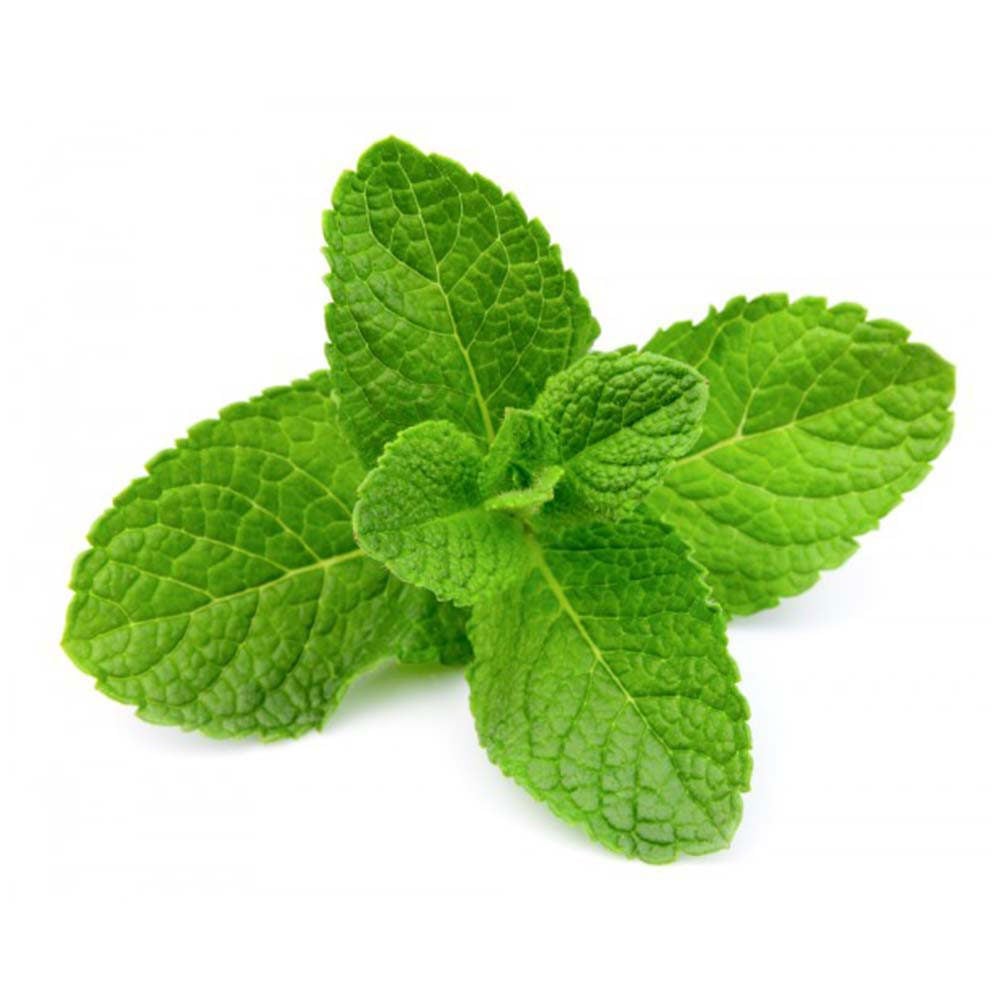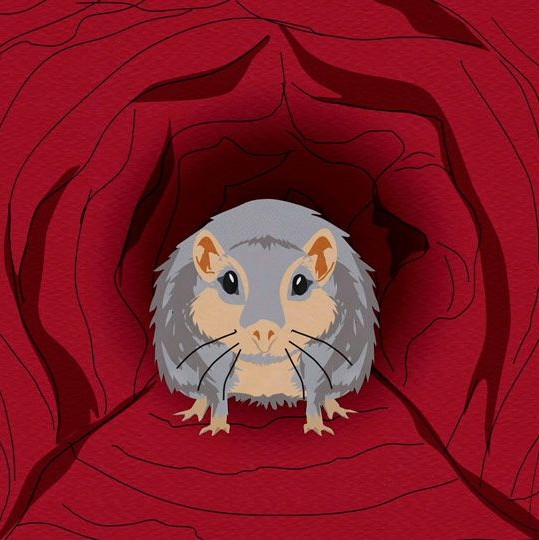618ml equates exactly to 600ml + 3% - maybe manufacturers add 3% on top because that’s the maximum allowable variance in quantities?
From a quick search, 412ml and 515ml both seem pretty common too.
I think you’re on the right track. My guess would be that they have a 3% tolerance (uncertainty, idk) with filling so they fill 600 ml but statistically it might be as much as 618. Putting 618 on the packaging lowers the price per liter a little, compared to 600.
This seems backwards from what a manufacturer would want to do. The concern with variances isn’t really having too much but having too little in the bottle. If you aimed to put exactly 600 in the bottle, you will sometimes end up below 600. It would make more sense to label it 600, aim for 618, and be confident that you’ll always fill it to at least the advertised 600.
That all depends on what they’re optimizing for. Underfilling is more profitable, but runs the risk of customer complaints and regulators stepping in.
Exactly. In Europe for example, you see the stylized “e” symbol on packaging very often. It means that a negligible amount are below the advertised volume/weight.
So if the package says 600ml, they might have to set the machine to 610ml to ensure they satisfy this condition.
Isn’t that e for net weight. So it doesn’t include the container. At least that’s what I’ve been led to believe, so now I’ll be googling!
Maybe they have one machine set up to fill the bottles. In one market they are required to deliver a safety margin of 3%. So they put 618 in a 600 bottle. In the other market there is no such requirement. So they write 618 on the bottle.
If by law they need to never be under the written volume, then writing 618 means they need to put 618 * 1.03 in the bottle to make sure they hit the 618ml written on the bottle.
In your example, they would write 600ml on the bottle and fill it with 618 ml to account for the machine tolerance.
This is pretty compelling. I vote “solved”.
I thought initially it must be a round number of flounces, but it’s closer to 21 than 20floz, so IDK.
It’s 125 teaspoons. 134.86% chance that’s what it is.
/s if anyone actually takes me serious.
US or Imperial?
125.382 US teaspoons
US
Then it’s the equivalent of 2 Texan cups (or 2 and 4/13ths Federal cups).
Flounces sounds funny
Lambs definitely flounce when they’re happy
618ml is 21.75 fl oz in the UK (imperial).
How does this not stress you out, Americans?
We don’t have things in that size. You’ll see drinks in 20 oz (568 ml) or 12 oz (355 ml). And naturally for larger size sodas, we have 1L and 2L bottles. The 20oz drinks may have shrunk to 16.9oz (500 ml) though. As for other stuff like shampoo or sunscreen? Those are determined by a random number generator.
Nothing stressful at all about the system.
25 years ago we had to memorize conversions and use a calculator (some calculators included a “cheat sheet”). It was 2 extra steps (convert to metric, do any needed math, convert back) but pretty routine once you got the hang of it.
Since then we’ve had Wolfram Alpha and a ton of unit converter smartphone apps. Even a basic Google query can convert most units.
And yet it’s still more convenient that without Google, I can just go: 1 liter of water is 1 kilogram, 1000ml, and contained by a box of 10 x 10 x 10 centimetres. It will start freezing at 0C° and start boiling at 100C°.
(0.264172 US gallons of water is approximately 2.205 pounds, 33.814 fluid ounces, and contained by a box of approximately 3.937 x 3.937 x 3.937 inches. It will start freezing at 32°F and start boiling at 212°F.)
Yes, everyone knows metric is nicer. But it’s just not an issue at all in day to day life. How often do you need to know the weight of a certain volume of water or the edge length of a cube that exactly contains that much water? For temperatures, everyone memorizes 32 and 212 as a small child and never had to worry about looking it up.
Would I rather use metric? Sure. But when almost everything is labeled in US units, all the advantages of metric pale in comparison to the hassle of having to convert almost every single measurement I encounter.
I’m not disagreeing at all, I would totally back a nationwide switch to 100% metric. But I’m also trained in science where it’s the standard, and don’t really do any carpentry or auto repair where US units are still (I think) the norm.
We don’t use Imperial. We have our own system, US Customary. And our ounces are fractionally bigger.
deleted by creator
In Canada we have a lot of that and I always assumed we import things from America and then just change the labels. The metric usually converts to a more reasonable number in imperial.
We get the joy of both here in the US. Both are required to be listed and either can be a nice round number but generally it is the imperial one.
I love that both are listed.
You do sometimes see nice round metric numbers, for example soft drinks (soda / pop) often come in 2 litre bottles.
I’m still unsure as to why soft drink bottles are measured in litres while milk is measured in gallons… A carton of milk (half a gallon, 1.9L) is almost as large as a bottle of soft drink (2L) so it’s strange they haven’t converged.
There’s also things like the TSA liquids limit, which is defined as exactly 100mL but commonly written as 3.4 fl oz.
Milk has been sold in gallons longer than pop has existed is my only guess for why milk hasn’t switched.
The US government has been very on board with metric, for example the US was one of the original signatories of the metric convention. It’s just not simple to mandate that people stop using traditional units and instead use the official standard units.
Pepsi and coke both have significant international business, which makes standard bottles appealing.
Additionally, in the mid seventies when the US was last making a push towards making the private sector switch Pepsi as a marketing gimmick switched to a bottle that was bigger than a typical coke bottle and also metric.
https://youtu.be/L6O4UeowF5I?si=fncOmRnbigWOrAsRThey hoped to be ahead of the curve in the US, better value than coke, and use one bottle everywhere.
which makes standard bottles appealing.
I was thinking about this, but if it’s the case, why are cans different? US cans are 12 fl oz (355mL), Australian and New Zealand cans are 375mL, European and Middle Eastern cans are often 330mL.
Here is an alternative Piped link(s):
https://piped.video/L6O4UeowF5I?si=fncOmRnbigWOrAsR
Piped is a privacy-respecting open-source alternative frontend to YouTube.
I’m open-source; check me out at GitHub.
What country are you in, OP?
Do you perhaps mean 568ml? It’s a pint and beer quite commonly comes in that size. Some water, like liquid death comes in that size, and I’ve just googled and so does shampoo.
Huh. I put 618ml in Google and hit “shopping” filter and only one item comes up in that size, a hair cream somewhat ominously named Fakeshu.
Unlike the completely unominous sham poo that is also used in hair.
I prefer real poo, personally.
It’s organic after all
au contraire, fakeSHU
Which country?
I think the other commenter is on the right track and it’s likely a conversion from another standard unit. I would’ve said pint but a pint is 568ml.
Possibly started with a different volume then through shrinkflation ended up at 618 mL
0.618? Sounds like ex-0.75 to me
If all those different products, with different shapes containers, have the same number then I’m not sure
But I do sometimes see things like shampoo coming in weird sizes because of the shape of the bottle
It’s a man’s number.
It’s the Illuminati. They have to tell/show you what they’re doing for some reason. Probably has to do with that. I don’t know what it means though. And yes, I read conspiracy theories.
Is this a serious question? I can’t tell.
Why wouldn’t it be? I searched for like 10 mins and couldn’t find an answer














